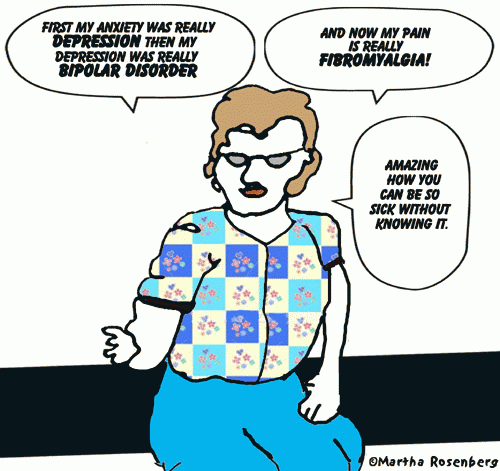Can anyone remember life before Ask Your Doctor ads on TV?
All you knew about prescription drugs were creepy ads in a JAMA at the doctor's office with a lot of fine print. Even if you knew the name of a drug, you'd never ask your doctor for it because that would be self-diagnosing and cheeky for a patient.
Flash forward to the late 1990s when direct-to-consumer (DTC) drug advertising, drug Web sites and online drug sales came on board, and self-diagnosing and demanding pills has become medicine-as-usual for many doctors and patients.
The DTC/Web perfect storm didn't just sell drugs like Claritin, Prozac and the Purple Pill, it sold the diseases to go with them like seasonal allergies, GERD and depression. It sold risk of diseases like heart events for which you'd take a statin like Lipitor, osteoporosis for which you'd take a bone drug like Boniva and asthma attacks for which you'd use a second asthma drug like Advair. Of course, by the very definition of prevention, you didn't know if the drugs were working but you weren't paying out of pocket anyway so what the hay"
Thanks to DTC advertising, people started taking seizure drugs like Topamax and Lyrica for everyday pain or headaches and antipsychotics -- hello? -- for everyday blues or mood problems. They started taking monoclonal antibodies made from genetically engineered hamster cells like Humira that invite cancer, superinfections and TB when they didn't have to. And FDA mandated risk disclosures -- brain bleeds, sudden death, difficulty breathing, stomach bleeding, liver failure, kidney failure, muscle breakdown, fainting, hallucinations -- perversely sold the drugs more either because ad frequency itself sells or because people like the identity in having a disease, like chemically experimenting on themselves or like taking a dare.
Soon anxiety graduated to depression which graduated to bipolar disorder. Children got schizophrenia and depression like adults and adults got ADHD like kids. And it didn't stop there. If the depression you or your kid had didn't go away -- maybe because it wasn't depression in the first place but a thing called "life" -- you needed to add a drug like Abilify or Seroquel on to the original drug(s) because your depression was "treatment resistant."
(Note: You can view every article as one long page if you sign up as an Advocate Member, or higher).






